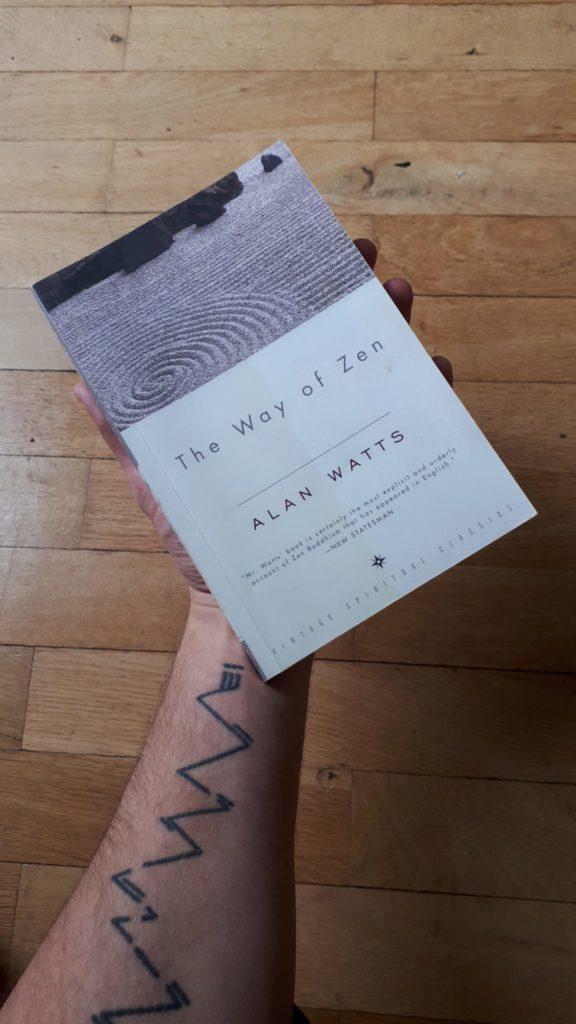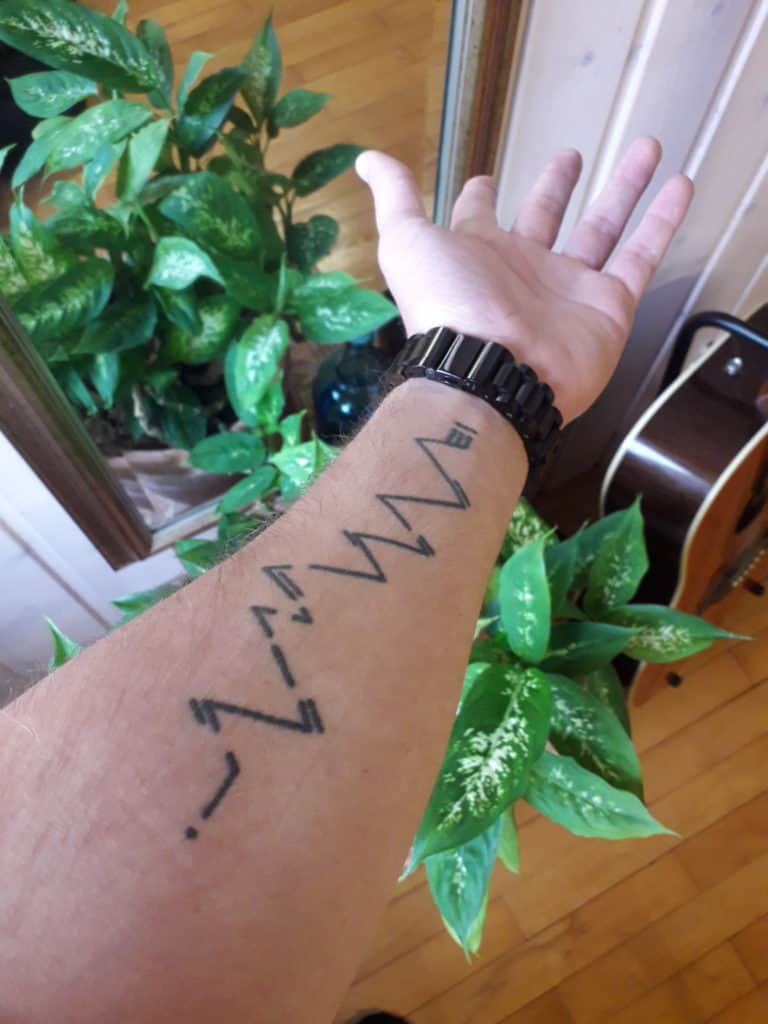Alan Watts: who and how was he really?
Alan Watts is in the eyes of many the most important philosopher of the 20th century. He brought various philosophies from the Far East to the Western world. Through his eloquence, he managed to explain these philosophies in a way that everyone could understand.
But who was Alan Watts really? How did he become who he was? In this article we will take a closer look at Alan Watts and his life.
Alan Watts younger years
Alan Watts was born on January 6, 1915 in Chislehurst, Kent, in England. From a young age he was interested in Chinese fairy tales. Although Alan Watts was raised Christian, he found out for himself relatively early that the Christian worldview was not for him. Too hard, cold, and narrow-minded, the Christian way of thinking seemed to him. Alan Watts felt that Christianity did a poor job of answering the fundamental questions of life. Too often the Bible gave only lay explanations of why the world is the way it is, or what the meaning of life is.
Rather, the Bible explains most of it in terms of history or, depending on the testament, in terms of a tyrannical god figure or an all-loving deity, but in both cases controlling everything. For Watts, this was not a sufficient explanation, which is why he became more and more involved with Eastern philosophies. At first, he became increasingly involved with Buddhism. What fascinated Alan Watts about Buddhism was that there is no omnipotent deity, but a universal consciousness that connects everything. A single energy in the universe that is not subject to anyone. Everything that exists is just an expression of the great "play" of the universe. Alan Watts saw this worldview as much more practical and human, which is why he decided to study Eastern philosophies.
Alan Watts later years
At the age of 24, Alan Watts emigrated from the London area to America. He studied theology at Seabury Western Theological Seminary, where he also earned his master's degree. He then worked for five years as a priest in the U.S. Episcopal Church. However, he had to resign this office in 1950, because an affair ended his marriage and he could no longer hold the office.
In 1951, Alan Watts moved to San Francisco, California. Here he taught for several years at the American Academy of Asian Studies. Later, however, he also resigned from this post and was now active as a professor and lecturer at various universities. The best known of these is probably Harvard University.
His breakthrough as a writer came with the book "The Way of Zen", which became a bestseller and made him internationally known. From 1958 Watts toured Europe, where he met many very educated people, including Carl Gustav Jung, the founder of analytical psychology.

In his later life, Watts experimented more with psychedelic drugs. His opinion on them was that they were good to use as a tool, but that one should stop using them as soon as one understood the "message". After all, you hang up the phone when you get the message, and biologists don't spend all day glued to their microscopes, but also document what they observe.
In 1973, Alan Watts passed away at the age of 58 at his home in Druid Heights on Mount Tamalpais, California.
Alan Watts on the "Awakening
When the Awakening Watts called the event in which one realizes that one was not born into the world, but out of it. This understanding then leads to the realization that we are not a foreign body in this very world, but a part of it. That we are not a small insignificant something that has to fight its way through existence, but that we should see life as an experience. An experience to be enjoyed, to be played with.
We as humans are not a separated something that is exposed to the arbitrariness of the universe. Rather we are the universe that hides from itself and observes itself. Like the eye of a snail that comes out of itself and can observe itself.
The realization is that you are not just some random freak of creation, but the ever ongoing play of existence as a whole. Alan Watts once said that we are the universe looking at itself through the eye of a needle. That is, that we can only view a small part of existence, but that if we were not there, no one could see that part of existence.
Most of these views had been developed by Alan Watts from the Hinduism and the Zen Buddhism related.
From the Hinduism he had the teaching of Brahman. Brahman is the absolute reality, all there will ever be, the great whole. However, Brahman is hidden by Maya (the great illusion). The illusion is that we see ourselves as separate from the world and the universe, even though we are an expression of it.
From the Zen Buddhism Watts had the Eastern philosophies of duality: nothing in the world is as black or white as one would think from the beginning. The world cannot be divided so easily, into good or evil. A good example of this is offered by the story of the chinese farmerwhich I have already dealt with once. Many things that seem good at first can later cause you great suffering, such as meeting someone new and falling in love, only to separate later in a great final quarrel in pain. But it can also be that things that seem negative at first have positive effects later. Here you could take a change of diet or sports as an example, which are not exactly satisfying while practicing, but when you see the results, can make you happy.
Alan Watts as a controversial figure
During a large part of his life Alan Watts smoked. It is also known that he experimented with psychedelic drugs at times and had an alcohol problem. Also, as was untypical for his time, he was married to three women during his life and didn't think too much of the principle of monogamy.
However, I feel that these "mistakes" make him even more human, or authentic. Furthermore, his personal preferences in life do not make his statements and teachings any less true or correct. Likewise, I believe that Alan Watts has helped more people with his life than he has harmed.
If you are more interested in Alan Watts or are looking for his easy to understand explanations of Far Eastern philosophy, we have a bunch of articles on his teachings:
Did you like this article? You can let us inform you about new articles:







